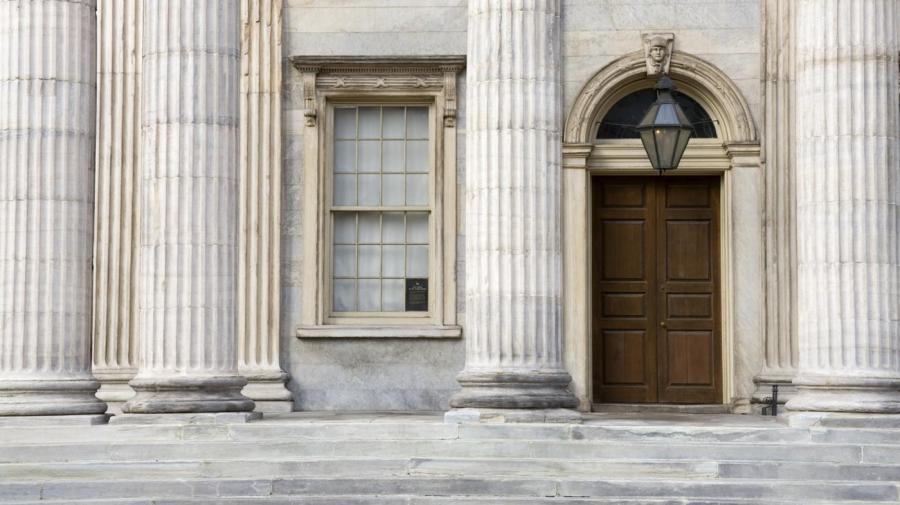Why Did Andrew Jackson Veto the National Bank?

According to the History Channel, President Andrew Jackson vetoed a new charter for the Second Bank of the United States because the bank was heavily biased toward business interests and had no congressional oversight. This bias led the bank to not support western expansion, which Jackson favored. Jackson also felt that the bank was too powerful, both politically and economically.
The Second Bank of the United States was established in 1816 to replace the national bank started by George Washington and Alexander Hamilton in 1791 as a central repository for federal funds. The charter for this national bank ran out five years before the establishment of the Second Bank of the United States, which continued to serve as the federal repository.
President Jackson, however, announced in 1833 that the federal government would no longer use the Second Bank, opting instead to disperse the federal funds to several state banks. The Second Bank fought back by enlisting the aid of then Kentucky Senator Henry Clay and other congressmen to back it.
When Congress attempted to renew the Second Bank’s charter, President Jackson vetoed the bill after arguing that the bank was unconstitutional. In retaliation, Congress censored President Jackson for abusing his presidential power.





